Description
Education is about the knowledge of facts, but facts alone do not make one educated. Children must learn to apply those facts, to combine them, to see broader truths with them, to build them into concepts that will enable them to use their higher-order thinking skills.
Teaching concepts can be done in a variety of ways. Instructors can begin with a concept frame and fill it with study that supports the concept. Alternatively, they can introduce students to works that will enable them to discover the common concepts in a process of concept convergence. They can also use Socratic inquiry to allow the children to discover concepts without a concept frame at all. Or, perhaps most realistically, they can use all three of these methods at various points in their teaching.
This book examines the merits and drawbacks of working with concepts in the instruction of children, which, in whatever method used, is a valuable and desirable educational goal.

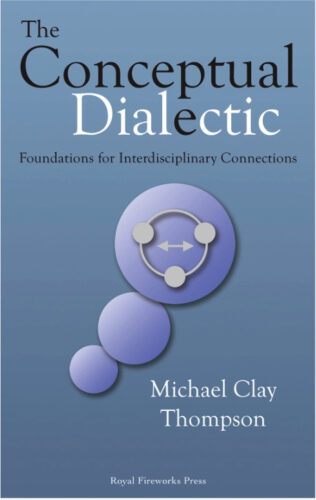


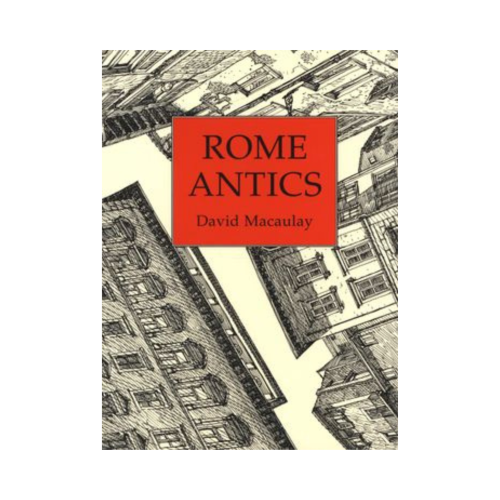
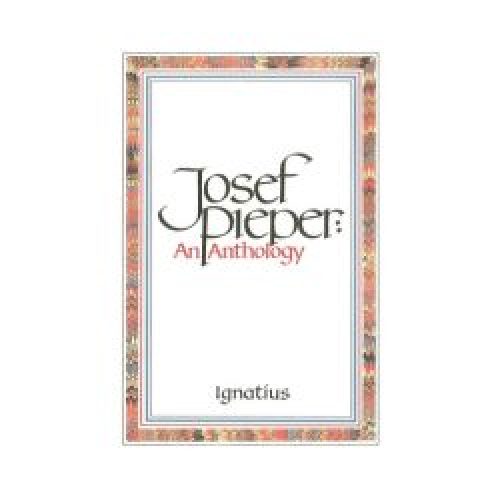


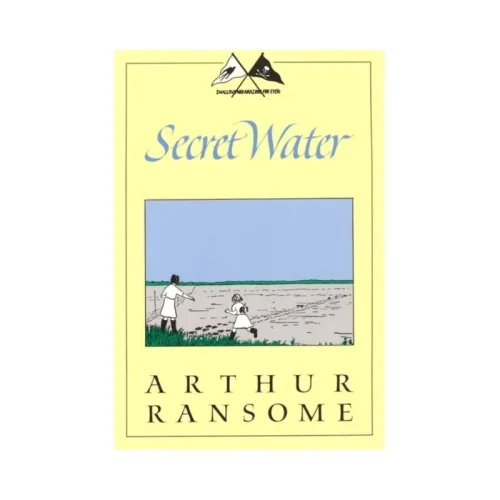
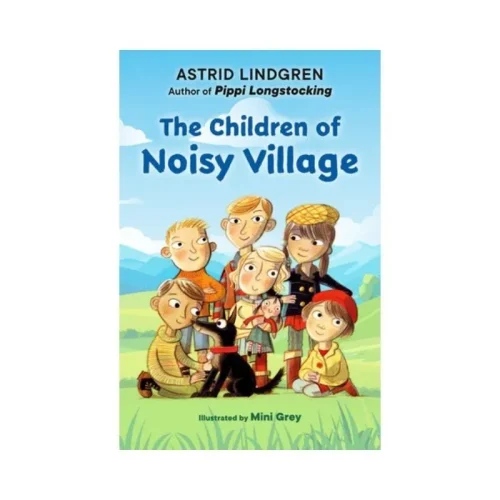




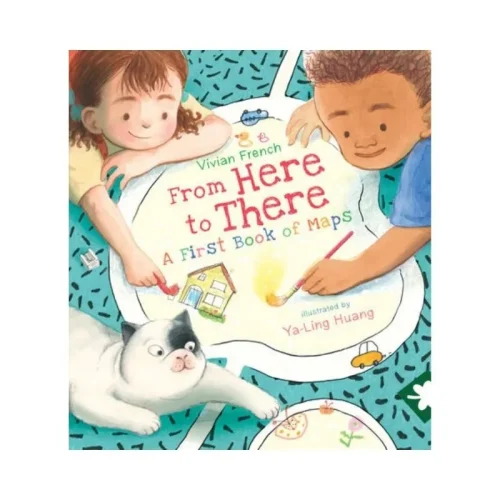
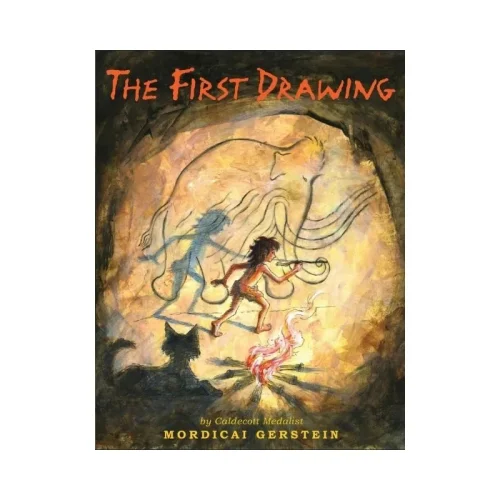


Reviews
There are no reviews yet.